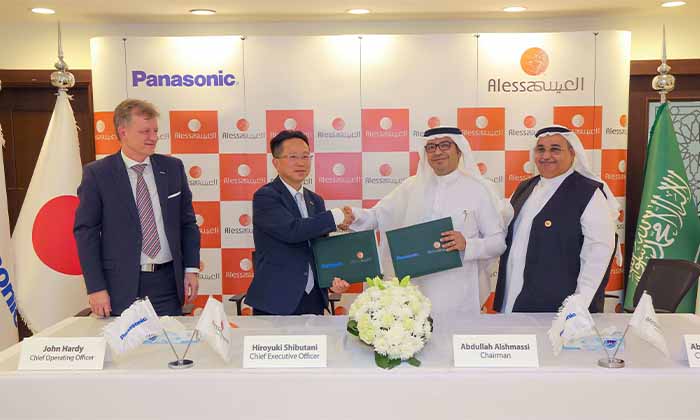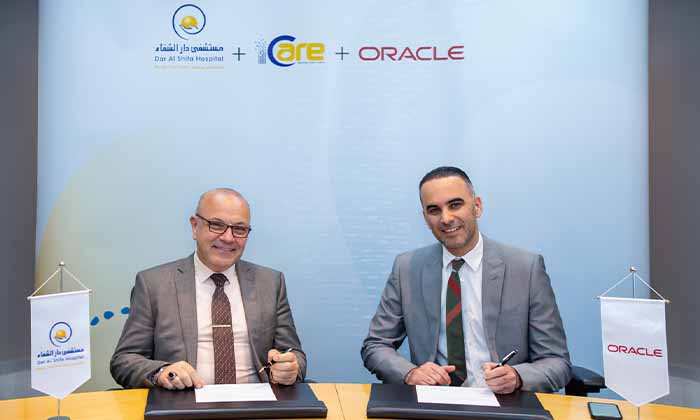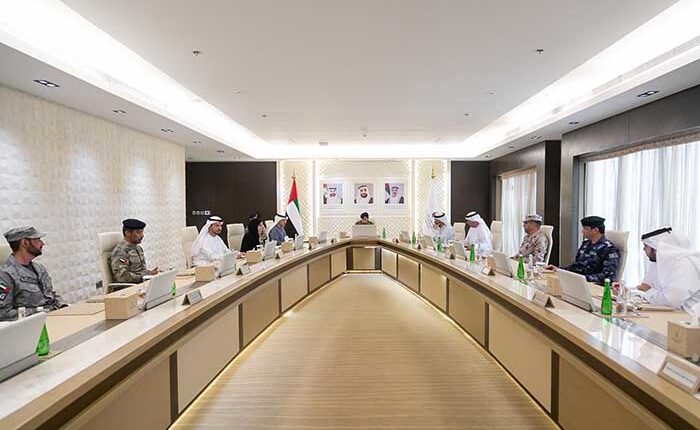- "Jassas" system was developed by a team of Emirati experts from the Ministry's Information Technology Department.
- The system has over 90% accuracy rate.
- The system was developed to monitor, track, and proactively report technical malfunctions faced by the Ministry's digital service users.
- The system will work on developing itself autonomously to be able to automatically resolve technical malfunctions without human intervention in the future.
The Ministry of Climate Change and Environment revealed the launch of the "Jassas" system to monitor and track technical malfunctions of its digital services using artificial intelligence, which was developed by a team of Emirati experts from the Information Technology Department in the Ministry. The system will also work on developing itself autonomously to be able to solve technical malfunctions automatically and without human intervention in the future.
The Jassas system is one of the artificial intelligence systems that work on detecting and automatically revealing technical malfunctions that may face the users of the Ministry of Climate Change and Environment. The importance of the system lies in detecting technical malfunctions as soon as they occur and informing the specialists in the Ministry's Information Technology Department to handle them, which saves more time and effort in reporting and solving such malfunctions proactively, where the number of transactions is no less than 200,000 requests annually.
His Excellency Mohammad Saeed Al Nuaimi, Acting Undersecretary of the Ministry of Climate Change and Environment, said: "The (Jassas) system reflects the Ministry's keenness to develop and adopt the latest modern technologies in the field of artificial intelligence in order to keep pace with global technological developments in this promising field with the aim of improving the user experience, which also contributes to supporting the digital transformation in government services in the UAE and transitioning it to another level of development, speed, efficiency, and flexibility."
He added: "We are keen on providing technical and technological experiences in various environmental and climatic fields, as modern technologies are one of the most important solutions for enhancing sustainability and preserving natural resources from waste. The development of the Jassas system by a group of Emarati experts reflects our ability to keep up with global developments in all fields. We aspire in the coming period to generalize our experience by sharing our expertise with various federal and governmental entities within the country."
For her part, Dr. Amna Abdulrahman Alhousani, Director of the Information Technology Department at the Ministry of Climate Change and Environment, stated that the ministry offers more than 100 digital services across all platforms, noting that manually examining and testing each function of these services requires several resources to ensure their continuous availability.
She added: "To face this challenge, the Information Technology Department has developed the (Jassas) artificial intelligence system for early detection of malfunctions that may face the services by developing an innovative tool that provides comprehensive survey results, evaluates functions, and confirms quality assurance without human intervention, ensuring the availability of all digital services around the clock and throughout the week through a dashboard about the status of services, and it is characterized by low cost, scalability, and meeting business needs."
Alhousani revealed that to achieve better results, the Ministry is enhancing functional inspection and testing through a deep machine learning feature that noticeably improves results. She noted that, in addition to this, the Ministry aims to expand this approach to include all other systems used in it.
The accuracy rate of the "Jassas" system is more than 90%, and it is planned to continue self-development through deep learning. During the next phase, the system will learn from its mistakes and develop its capabilities using what is known as "generative artificial intelligence," not only in monitoring, tracking, and reporting technical faults - but also in upgrading the system's capabilities and solving those technical faults automatically without any human intervention. Thus, the "Jassas" system provides a pioneering experience for users in instantly solving faults, maximizing their benefit from the Ministry's services now and in the future.















